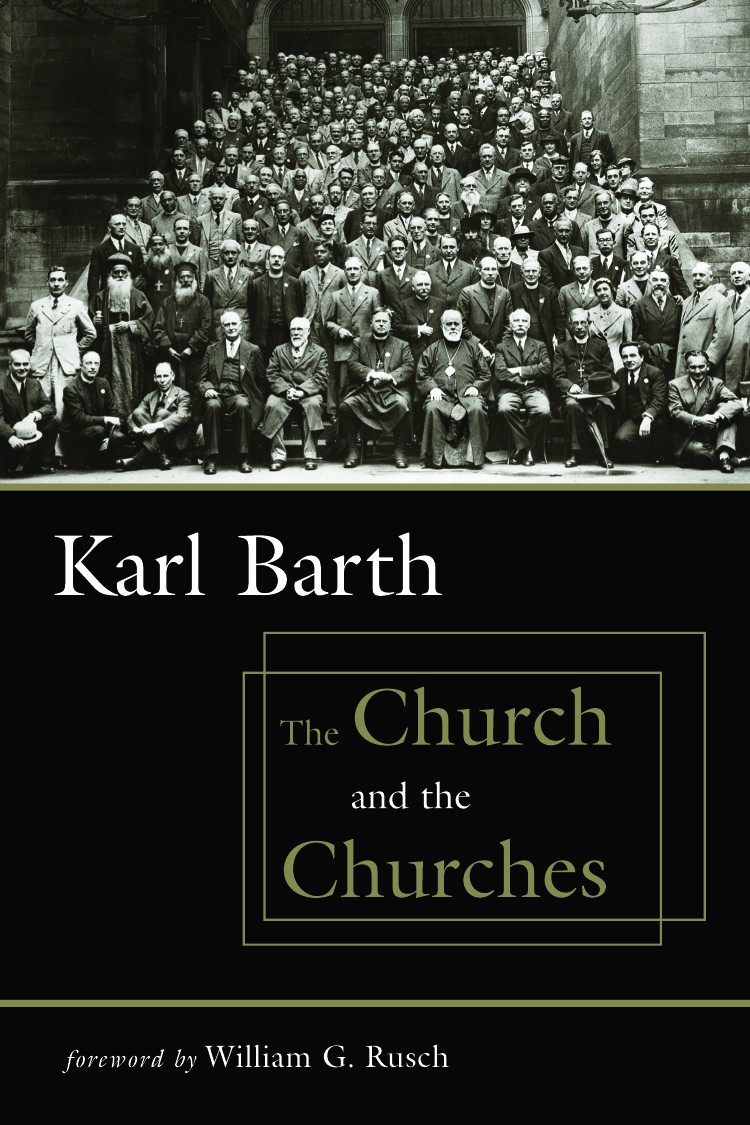Foreword by William G. Rusch How can Christians claim to hold in common one Lord, one faith, and one baptism while their churches remain splintered? Theological giant Karl Barth's mature, historic
Foreword by William G. Rusch
How can Christians claim to hold in common one Lord, one faith, and one baptism while their churches remain splintered? Theological giant Karl Barth's mature, historic discussion of the problem of church unity still deserves careful attention.
Originally written for the 1937 Edinburgh World Conference on Faith and Order, Barth's profound reflections continue to speak to today's multiplicity of churches. While some of his subject matter -- the predicament of churches in Germany before World War II, for instance -- may now be of mostly historical interest, his call for Christians to honestly listen to Christ through their various traditions is as fresh and demanding as ever.
Through this thoughtful inquiry Barth brings clarity to the relationship between the Church and the churches, calling believers everywhere to a more serious confession of Christ. Those actively engaged or interested in contemporary ecumenical ventures cannot afford to ignore the foundation for unity laid out in this little Barth volume.
Theological Book Review
"[The Church and the Churches is Barth at his stinging and uncompromising best, a wake-up call to an ecumenical movement which he believed was too often based on the churches' inner weakness and lack of confidence in Christ."
View Review quote
(1886–1968) Karl Barth was professor of dogmatic theology at the University of Basel, Switzerland. He is considered by some to be the greatest Protestant theologian of the twentieth century and possibly the greatest since the Reformation. Among his most famous works are Church Dogmatics and The Epistle to the Romans.
View Biographical note
